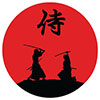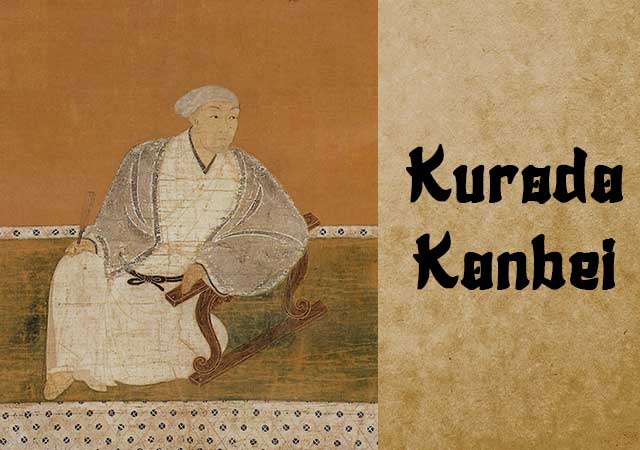
Kuroda Kanbei, also recognized as Kuroda Yoshitaka and later in life as Kuroda Josui, emerged as a military strategist and daimyo during the late Sengoku period. Regarded for his keen strategic mind, courage, and unwavering loyalty, he left an indelible mark as a respected warrior.
Born in Himeji in 1546, Kuroda Kanbei assumed leadership of the Kuroda family at the age of 21 following the passing of his father, Mototaka, who served as a senior retainer to the Kodera clan of Himeji. Recognizing the ascendancy of Oda Nobunaga, Kanbei proposed to his lord, Kodera Masamoto, the idea of aligning with the Oda forces. Despite Kodera's inclination to support the Mori clan, which opposed the Oda, Kanbei, reaching out to Toyotomi Hideyoshi, secured a direct audience with Nobunaga. His strategic counsel contributed to the successful capture of Himeji, leading to the Kodera's surrender. Pledging allegiance to the Oda clan, Kanbei and strategist Takenaka Hanbei served as advisors to Toyotomi Hideyoshi.
In 1577, Kanbei faced accusations of espionage from Nobunaga, resulting in the abduction of his nine-year-old son, Nagamasa, as a hostage. Fortunately, Takenaka Hanbei intervened, rescuing the boy. A year later, during a diplomatic mission to Itami Castle, Kanbei was captured but managed to escape, sustaining an injury that left him with a lasting limp.
Throughout the Sengoku period's later stages, Kuroda Kanbei, along with his son, continued to serve Toyotomi Hideyoshi. They played crucial roles in campaigns, including the invasion of the Chugoku region and the Shikoku Campaign of 1585. During the Kyushu mission, Kanbei, influenced by Christian daimyo Takayama Ukon, briefly embraced Christianity, adopting the name Don Simeon. However, due to rising concerns about foreign influence, he renounced Christianity and assumed the Buddhist name Josui.
As Chief Advisor to Hideyoshi's nephew, Kobayakawa Hideaki, during the Second Korean Campaign, Kanbei developed a close relationship with Hideyoshi. Following Hideyoshi's demise, the Kuroda shifted their allegiance to the Tokugawa camp, aligning against Western loyalist leader Ishida Mitsunari. In 1600, they fought alongside Kato Kiyomasa at the Battle of Sekigahara. Post-Sekigahara, Kanbei declined a position within the Tokugawa government but used his influence to spare the Shimazu clan's lands and Otomo Yoshimune's life.
Kuroda Kanbei's involvement in pivotal Sengoku period events and his strategic acumen significantly influenced Japanese history. His sage advice contributed to Hideyoshi's successes, showcasing not only military prowess but also a potential sense of humor, exemplified by his distinctive choice of wearing an owan bowl as a helmet.
See also
-
Yamagata Masakage
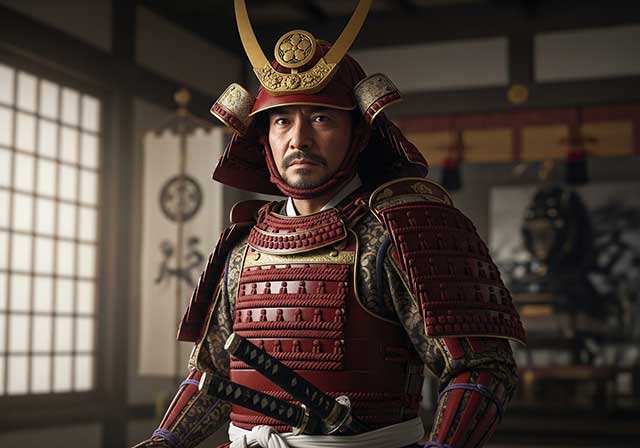
Masakage was one of Takeda Shingen’s most loyal and capable commanders. He was included in the famous list of the “Twenty-Four Generals of Takeda Shingen” and also belonged to the inner circle of four especially trusted warlords known as the Shitennō.
-
Yagyu Munenori
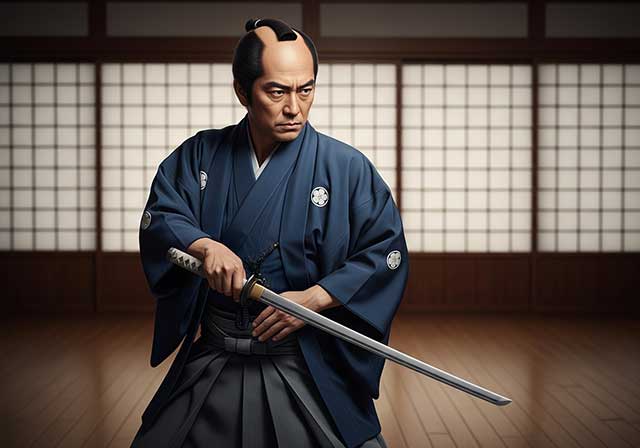
Yagyū Munenori began his service under Tokugawa Ieyasu while his father, Yagyū Muneyoshi, was still at his side. In 1600, Munenori took part in the decisive Battle of Sekigahara. As early as 1601, he was appointed a kenjutsu instructor to Tokugawa Hidetada, Ieyasu’s son, who later became the second shogun of the Tokugawa clan.
-
Yagyu Muneyoshi
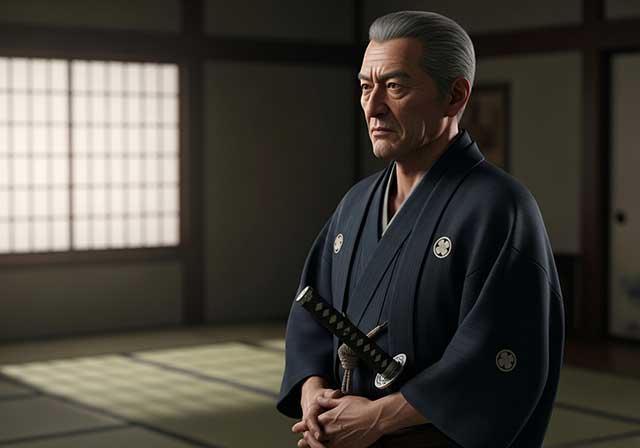
A samurai from Yamato Province, he was born into a family that had been defeated in its struggle against the Tsutsui clan. Muneyoshi first took part in battle at the age of sixteen. Due to circumstances beyond his control, he was forced to enter the service of the Tsutsui house and later served Miyoshi Tōkei. He subsequently came under the command of Matsunaga Hisahide and in time became a vassal first of Oda and later of Toyotomi.
-
Endo Naozune
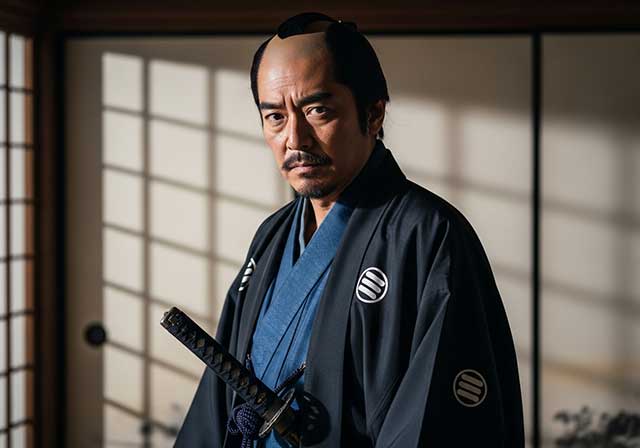
Naozune served under Azai Nagamasa and was one of the clan’s leading vassals, renowned for his bravery and determination. He accompanied Nagamasa during his first meeting with Oda Nobunaga and at that time asked for permission to kill Nobunaga, fearing him as an extremely dangerous man; however, Nagamasa did not grant this request.
-
Hosokawa Sumimoto
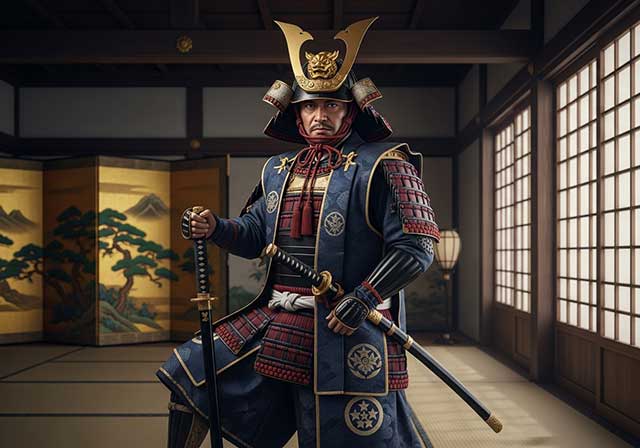
Sumimoto came from the Hosokawa clan: he was the biological son of Hosokawa Yoshiharu and at the same time the adopted son of Hosokawa Masamoto, the heir of Hosokawa Katsumoto, one of the principal instigators of the Ōnin War. Masamoto was homosexual, never married, and had no children of his own. At first he adopted Sumiyuki, a scion of the aristocratic Kujō family, but this choice provoked dissatisfaction and sharp criticism from the senior vassals of the Hosokawa house. As a result, Masamoto changed his decision and proclaimed Sumimoto as his heir, a representative of a collateral branch of the Hosokawa clan that had long been based in Awa Province on the island of Shikoku. Almost immediately after this, the boy became entangled in a complex and bitter web of political intrigue.
-
Honda Masanobu
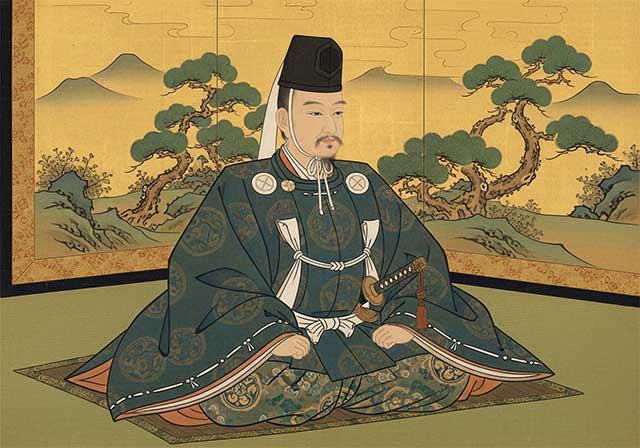
Masanobu initially belonged to the retinue of Tokugawa Ieyasu, but later entered the service of Sakai Shōgen, a daimyo and priest from Ueno. This shift automatically made him an enemy of Ieyasu, who was engaged in conflict with the Ikkō-ikki movement in Mikawa Province. After the Ikkō-ikki were defeated in 1564, Masanobu was forced to flee, but in time he returned and once again entered Ieyasu’s service. He did not gain fame as a military commander due to a wound sustained in his youth; nevertheless, over the following fifty years he consistently remained loyal to Ieyasu.
-
Honda Masazumi
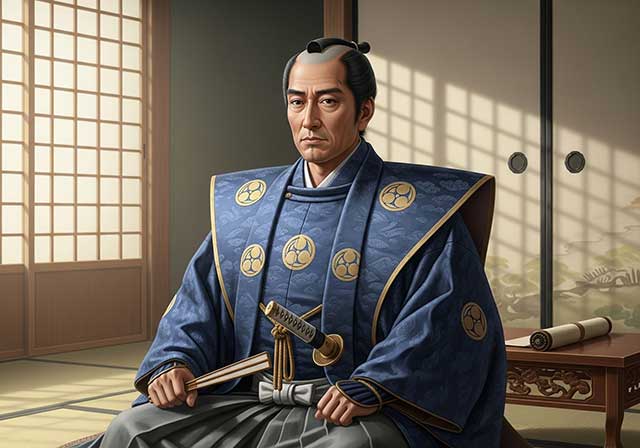
Masazumi was the eldest son of Honda Masanobu. From a young age, he served Tokugawa Ieyasu alongside his father, taking part in the affairs of the Tokugawa house and gradually gaining experience in both military and administrative matters. At the decisive Battle of Sekigahara in 1600, Masazumi was part of the core Tokugawa forces, a clear sign of the high level of trust Ieyasu placed in him. After the campaign ended, he was given a highly sensitive assignment—serving in the guard of the defeated Ishida Mitsunari, one of Tokugawa’s principal enemies—an obligation that required exceptional reliability and caution.
-
Hojo Shigetoki
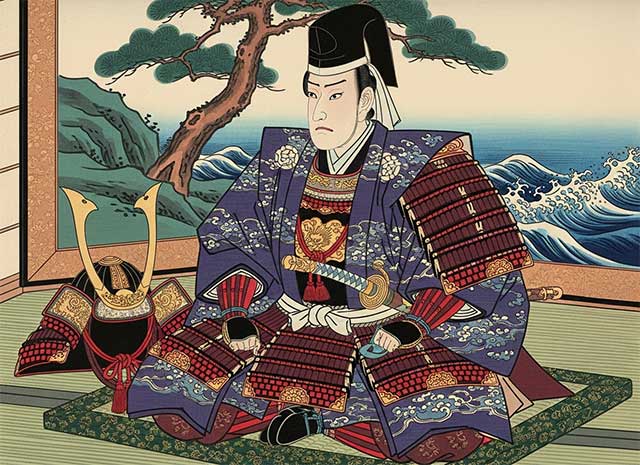
Hōjō Shigetoki, the third son of Hōjō Yoshitoki, was still very young—only five years old—when his grandfather Tokimasa became the first member of the Hōjō clan to assume the position of shogunal regent.

